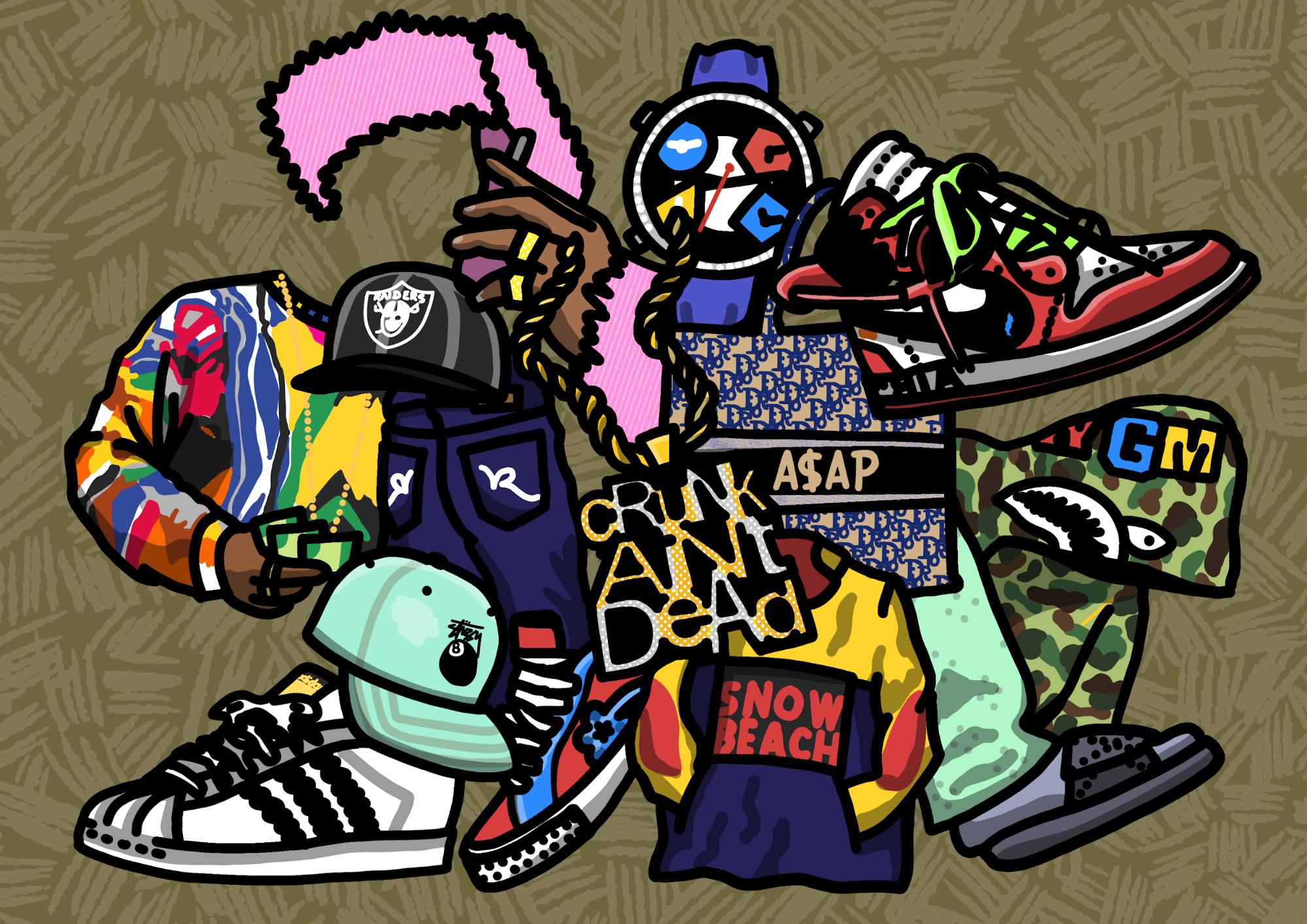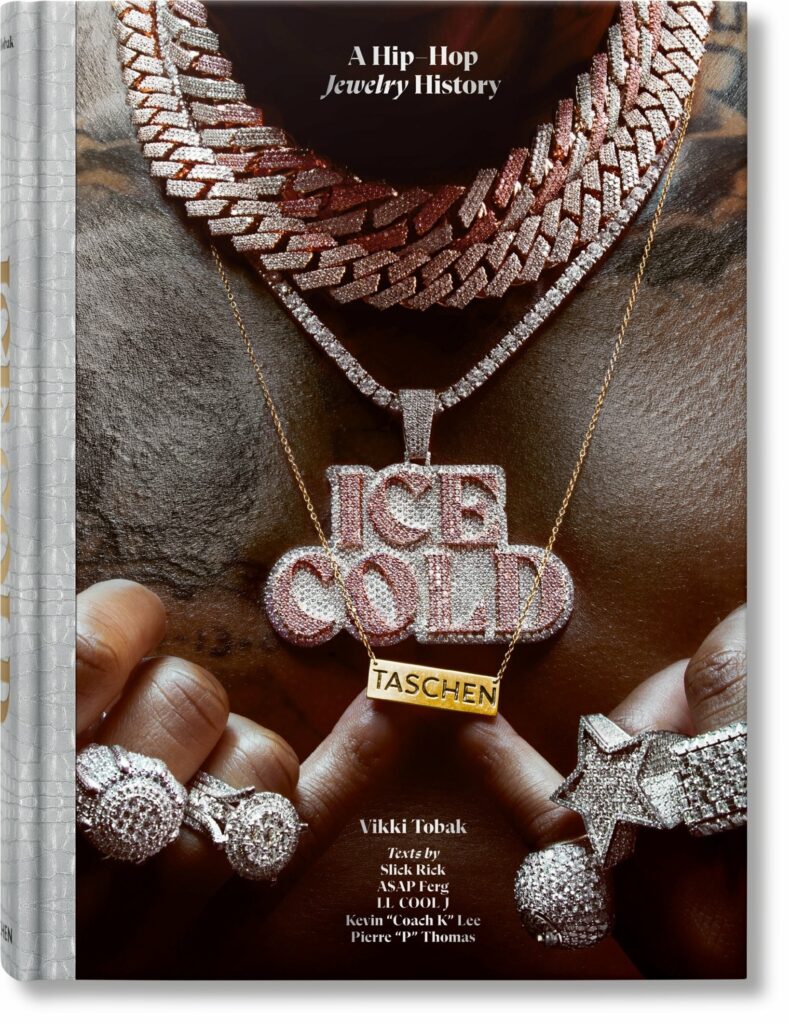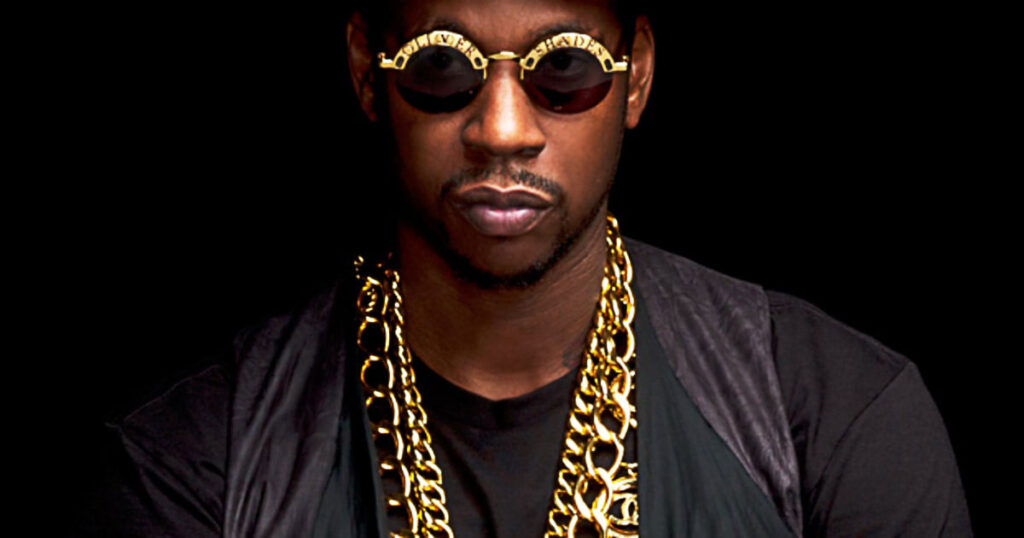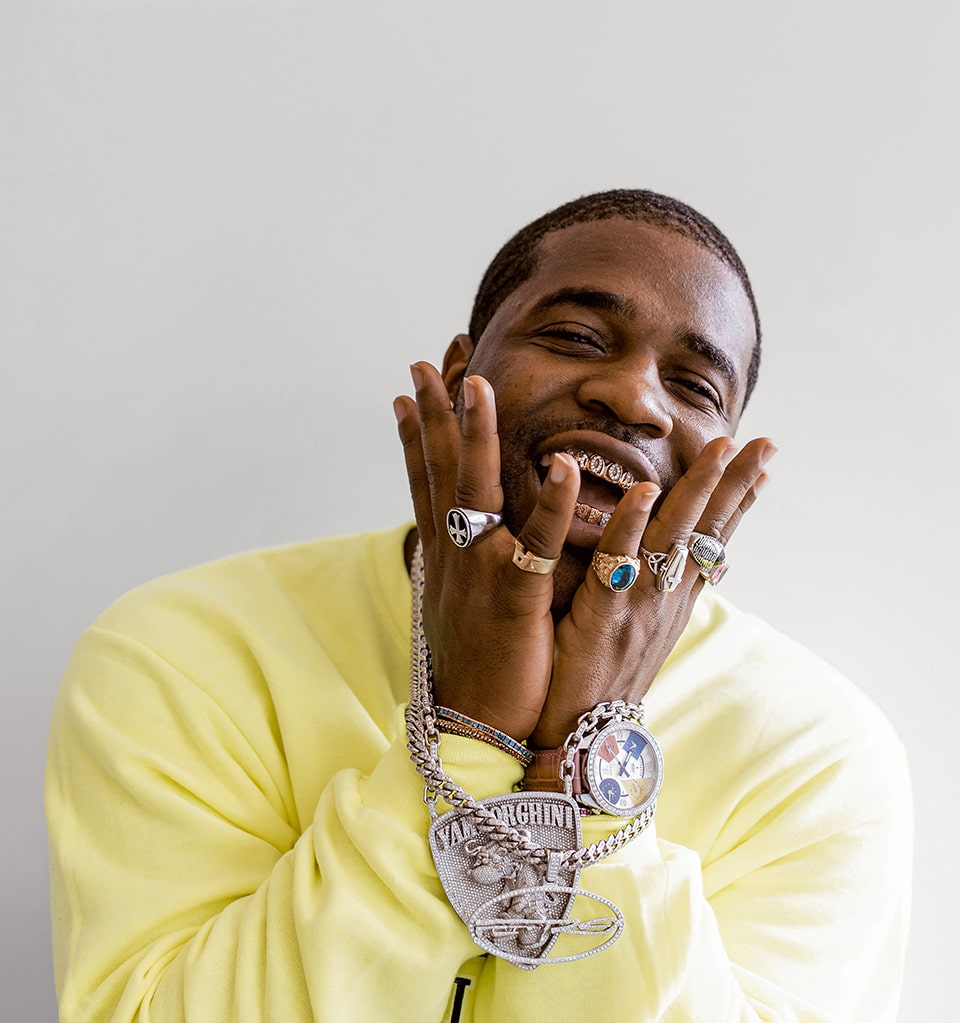
Introduction
Hip Hop and Fashion
Hip hop and fashion have always been closely intertwined. From the early days of the genre, rappers have used their style as a way to express themselves and stand out from the crowd. In the 1980s, hip hop fashion was all about oversized clothing, gold chains, and sneakers. As the genre evolved, so did the fashion, with artists like Run-DMC popularizing Adidas tracksuits and LL Cool J making Kangol hats a must-have accessory. Today, hip hop fashion is more diverse than ever, with artists like Kanye West and A$AP Rocky pushing the boundaries of what is considered fashionable. Whether it’s designer clothing or streetwear, hip hop fashion continues to be a major influence on the world of style.
The Influence of Rappers on Fashion
The influence of rappers on fashion cannot be denied. From the early days of hip hop, rappers have been setting trends and pushing boundaries with their style. They have been known to wear oversized clothing, flashy jewelry, and designer brands. Rappers have also been instrumental in bringing streetwear to the forefront of fashion. Many fashion designers have taken inspiration from hip hop culture and incorporated it into their collections. The impact of rappers on fashion is not limited to just clothing, but also includes hairstyles, accessories, and even makeup. The influence of rappers on fashion is a testament to the power of hip hop culture and its ability to shape and redefine mainstream fashion.
Early Years of Hip Hop
The Birth of Hip Hop
The birth of hip hop can be traced back to the South Bronx in the late 1970s. It was a time of economic hardship and social unrest, and young people in the area were looking for a way to express themselves. They found their outlet in music, specifically in the form of MCing, DJing, and breakdancing. The fashion of early hip hop was heavily influenced by the street culture of the South Bronx, with baggy clothes, sneakers, and athletic wear being the norm. This style was practical and comfortable, allowing for freedom of movement during breakdancing battles and other physical activities. As hip hop grew in popularity and spread to other parts of the country, its fashion evolved and became more diverse, incorporating elements from different cultures and subcultures.
Fashion in the 70s and 80s
The 70s and 80s were a time of experimentation and bold fashion choices in the hip hop community. Rappers like Grandmaster Flash, Run-DMC, and LL Cool J popularized the iconic Adidas tracksuits, Kangol hats, and oversized gold chains. The emergence of streetwear brands like FUBU and Cross Colours also played a significant role in shaping the fashion of the era. Baggy jeans, colorful windbreakers, and graphic t-shirts were staples of the hip hop wardrobe. The 80s also saw the rise of the iconic leather jackets and bomber jackets, which were often adorned with patches and graffiti-style artwork. Overall, the fashion of the 70s and 80s in hip hop was all about making a statement and standing out from the crowd.
The Rise of Adidas and Puma
During the 1980s, Adidas and Puma became the go-to brands for hip hop artists. The iconic three stripes of Adidas and the jumping cat logo of Puma were seen on the feet of rappers like Run-DMC, LL Cool J, and Beastie Boys. Adidas even created a custom pair of sneakers for Run-DMC, which became a cultural phenomenon and solidified the brand’s place in hip hop history. Puma also gained popularity with their classic suede sneakers, which were worn by artists like Big Daddy Kane and Rakim. The rise of these two brands in hip hop culture helped to establish them as staples in the fashion industry.
The Influence of Run-DMC
The influence of Run-DMC on hip hop fashion cannot be overstated. The group’s signature look of Adidas tracksuits, fedoras, and thick gold chains became synonymous with the genre and inspired countless imitators. Run-DMC’s style was a reflection of their music: bold, confident, and unapologetically black. Their influence extended beyond hip hop, with their fashion choices inspiring a generation of young people to embrace streetwear and athletic wear as everyday fashion. Run-DMC’s impact on hip hop fashion can still be seen today, with artists like Kanye West and A$AP Rocky paying homage to the group’s iconic style.
The Golden Era of Hip Hop
The 90s and Early 2000s
The 90s and early 2000s were a time of experimentation and boundary-pushing in hip hop fashion. Baggy jeans, oversized t-shirts, and athletic wear were popular among both male and female rappers. Brands like FUBU, Tommy Hilfiger, and Timberland became staples in the hip hop community. The emergence of the “bling” era saw rappers sporting flashy jewelry and designer labels. Female rappers like Lil’ Kim and Missy Elliott made bold fashion statements with their colorful wigs and daring outfits. The influence of hip hop fashion during this time can still be seen in current trends, with oversized clothing and streetwear remaining popular among young people today.
The Influence of Tupac and Biggie
Tupac and Biggie are two of the most iconic rappers in hip hop history, and their influence on fashion is undeniable. Tupac’s style was a mix of streetwear and high fashion, often seen wearing bandanas, oversized jackets, and Versace shirts. Biggie, on the other hand, was known for his love of Coogi sweaters and Kangol hats. Both rappers had a significant impact on the fashion industry, with their unique styles inspiring countless artists and designers. Even today, their influence can be seen in the fashion choices of many hip hop artists.
The Rise of Streetwear
The rise of streetwear in hip hop fashion can be traced back to the 1980s and 1990s, when rappers like Run-DMC and LL Cool J popularized the trend. They were often seen wearing Adidas tracksuits, Kangol hats, and oversized gold chains. This style was embraced by their fans and soon became a staple in hip hop culture. Today, streetwear has evolved to include brands like Supreme, Off-White, and A Bathing Ape, and has become a billion-dollar industry. Many rappers have even launched their own streetwear brands, such as Kanye West’s Yeezy and Travis Scott’s Cactus Jack. Streetwear has become more than just a fashion trend, it’s a lifestyle and a way for rappers to express themselves creatively.
The Role of Fashion in Hip Hop Culture
Fashion has always been an integral part of hip hop culture. It is a means of self-expression and a way to showcase one’s individuality. From the early days of hip hop, rappers have used fashion to make a statement and set themselves apart from the mainstream. The fashion choices of hip hop artists have often been influenced by their surroundings, their upbringing, and their personal experiences. Over the years, hip hop fashion has evolved and become more diverse, with artists experimenting with different styles and trends. Today, fashion remains a key element of hip hop culture, with rappers continuing to push boundaries and inspire new trends.
Modern Hip Hop Fashion
The Evolution of Hip Hop Style
The evolution of hip hop style has been a fascinating journey. From the early days of oversized clothing and gold chains to the more recent trend of designer brands and high-end fashion, hip hop style has come a long way. In the 1980s and 1990s, baggy clothing and athletic wear were popular among rappers, while in the 2000s, fitted clothing and designer brands became the norm. Today, hip hop fashion is a mix of streetwear, luxury brands, and vintage pieces. The style has become more diverse and inclusive, with rappers embracing different cultures and styles. The evolution of hip hop style reflects the changing times and the influence of music on fashion.
The Influence of Kanye West
The influence of Kanye West on hip hop fashion cannot be overstated. He has been a trendsetter since the early 2000s, when he first burst onto the scene with his debut album, “The College Dropout.” His style has evolved over the years, from preppy polo shirts and backpacks to high-end designer clothing and his own Yeezy brand. West’s fashion choices have been controversial at times, but they have always been bold and innovative. He has inspired countless other rappers and fashion enthusiasts with his unique sense of style, and his influence can be seen in everything from streetwear to high fashion.
The Rise of Luxury Brands
The rise of luxury brands in hip hop culture can be traced back to the late 1990s and early 2000s when rappers like Jay-Z and Diddy began to incorporate high-end fashion into their image. These artists not only wore designer clothing but also started their own fashion lines, such as Sean John and Rocawear. This trend continued into the 2010s with rappers like Kanye West and Pharrell Williams collaborating with luxury brands like Louis Vuitton and Chanel. Today, luxury fashion and hip hop culture are intertwined, with many rappers serving as brand ambassadors and even walking in fashion shows. The influence of hip hop on the fashion industry has been significant, with luxury brands recognizing the power of the genre and its ability to reach a diverse and global audience.
The Future of Hip Hop Fashion
The future of hip hop fashion is constantly evolving and pushing boundaries. As the genre continues to grow and expand, so does its influence on fashion. With the rise of social media and the ability for artists to connect directly with their fans, we can expect to see more personalized and unique styles emerging. Additionally, sustainability and ethical fashion are becoming increasingly important in the industry, and we may see more hip hop artists using their platform to promote these values. Overall, the future of hip hop fashion is exciting and full of possibilities.
Conclusion
Hip Hop Fashion as a Cultural Phenomenon
Hip hop fashion has become a cultural phenomenon that has influenced not only the music industry but also the fashion industry. It has evolved from the early days of baggy clothes and oversized accessories to a more refined and tailored look. Hip hop fashion has also become a way for artists to express their individuality and creativity. It has given rise to new fashion trends and has even inspired high-end fashion designers to incorporate elements of hip hop into their collections. The impact of hip hop fashion can be seen not only on the streets but also on the runways, making it a true cultural phenomenon.
The Enduring Legacy of Fashion Icons in Hip Hop
The fashion icons in hip hop have left an enduring legacy that continues to influence the fashion industry today. From the oversized clothing of the 90s to the luxury brands of the 2000s, hip hop has always been at the forefront of fashion trends. The style of rappers has become a symbol of individuality and self-expression, inspiring a generation of fashion enthusiasts to embrace their unique style. The impact of hip hop on fashion is undeniable, and it will continue to shape the industry for years to come.


